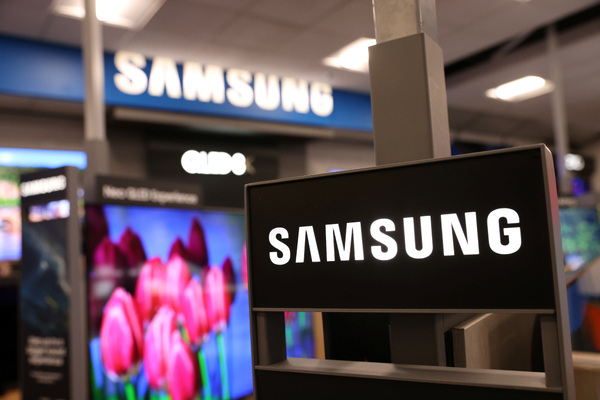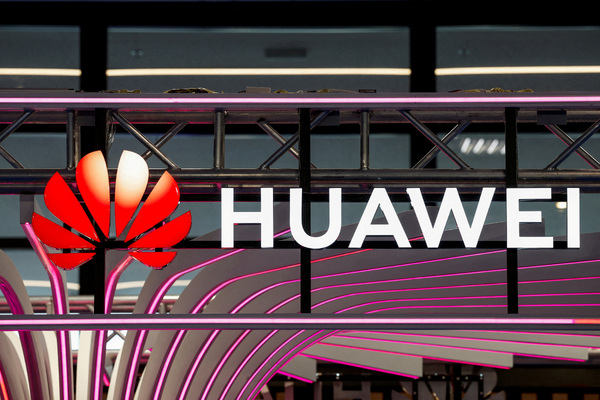The telecoms industry and its regulators in 2024

Dario Betti at the Mobile Ecosystem Forum looks at the evolution of telecoms and media regulation, and the issues that will top the agenda in 2024
The telecoms sector is set to see a wave of regulatory changes that reflect the evolving landscape of technology and society. Adapting to these changes will be essential for industry players to thrive in an environment that increasingly values responsible and ethical business practices.
As regulators navigate the delicate balance between fostering innovation and safeguarding public interests, the telecom sector stands on the cusp of a transformative regulatory era.
Global networks in a post-globalisation age
The 1990s saw the communist bloc fall and the rise of a global market supported by international structures for business and directives; market-oriented regulations were dominant and there was huge growth for media, telecom, and the early internet.
There became an imbalance between telecom and internet regulation: telecom networks were licensed nationally, whereas internet services were internationally available across national laws, with the large scale and reach of the internet creating considerable value.
Things changed in the 2020s. The pandemic highlighted the importance of controlling physical borders. Political discord between the USA, EU, China and Russia has intensified opinions that the internet, telecom and media sectors are important security aspects that require increased supervision, defence and regulation.
In 2021 the Chinese government made sweeping changes limiting the power of large national internet companies. And in 2022, the European Union launched the Digital Markets Act (DMA) and Digital Services Act (DSA), which are designed to address imbalances in a way reminiscent of the Chinese regulations.
The DMA aims to ensure a level playing field for all digital companies, regardless of their size. The DSA is supposed to protect consumers from harmful and illicit content.
A more interventionist approach and more local variations will become common in the next few years. China and the EU have started a debate and will be busy in 2024 with the full implementation of their plans. Expect regulation to move from market-oriented globalisation to localised and more protective rules.
Privacy
There are two trends that have not yet seen the full impact of regulation: the implementation of personal data protection; and identity. While there are multiple regulations in place globally, many have had limited operative impacts.
The regulation is now mostly in place, and the technology is still developing. The real focus today is on understating how to deploy and to monitor the implementation of these rules. The European General Data Protection Regulation (GDPR) was one of the keystones to much of the global debate on personal data, and GDPR implementation and its evolution are crucial topics for the 2024 agenda.
Personal data is still too often leaked or hacked, and economic models that thrive on the sharing of private data are not fully transparent to their users. The legal implication of these data breaches will also be a major concern.
Identity and internet regulation
Increasingly high levels of identity fraud, protection of minors, business impersonation and counterfeiting mean regulatory bodies will renew and redouble their focus on issues related to online identity verification and authentication.
Customer identity is still crucial for the internet—it has been an ‘identity-less’ structure—but the anonymity on the internet is now challenging the protection of minors. Age verification is becoming more concerning given the success of online social media and messaging platforms.
Telecom regulators are also focusing on another form of identity: network and sender identity. This leads to issues that include phishing (on email, SMS and voice calls) as well as spam and unwanted calls.
The US Federal Communications Commission (FCC) has announced its attempt to roll out an anti-robocall solution for voice calls (known as STIR/SHAKEN), and it announced a new solution for SMS during 2023.
Other regulators will follow soon; we will see governments collaborating with the telecom industry to develop standardised frameworks for digital identity.
Open debate is vital
The next 12 months will see the discussion of many significant issues within the telecom and internet law framework.
Industry stakeholder contributions to this debate will be essential to ensuring that the telecom sector continues to thrive and shape a future where the mobile ecosystem remains a driving force of connectivity and innovation.
Dario Betti is CEO of the Mobile Ecosystem Forum, a global trade body that acts as an impartial and authoritative champion for addressing issues affecting the broadening mobile ecosystem
Main image courtesy of iStockPhoto.com

Business Reporter Team
Most Viewed
23-29 Hendon Lane, London, N3 1RT
23-29 Hendon Lane, London, N3 1RT
020 8349 4363
© 2024, Lyonsdown Limited. Business Reporter® is a registered trademark of Lyonsdown Ltd. VAT registration number: 830519543





